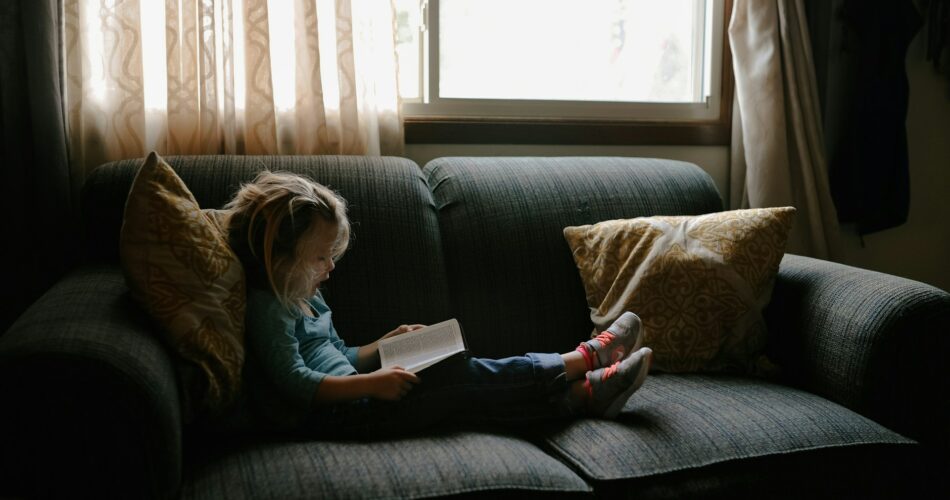They reversed their refusal.
Creekside Elementary School in Washington state initially faced scrutiny when it declined a request for an interfaith prayer club while permitting an LGBT pride group. However, following advocacy from the First Liberty Institute (FLI) on behalf of two students, the school district has reversed its decision. FLI Associate Counsel Kayla Toney expressed satisfaction with the district’s shift, emphasizing the importance of respecting students’ religious beliefs and highlighting the victory for religious freedom in educational settings.
The Issaquah School District clarified that its decision was not solely about the prayer club but stemmed from a broader consideration of community feedback. As part of a compromise, the district offered to allow the establishment of an interfaith prayer club for the remainder of the school year if supervised by a staff member, extending the same compromise to other clubs proposed outside the usual co-curricular process.
The FLI had addressed the issue in a complaint letter sent to the Issaquah School District Board of Directors on behalf of two students, referred to as “L.A.W. and J.W.” The letter questioned the school’s refusal to permit an interfaith prayer club despite allowing various non-religious student clubs.
Toney argued against the exclusion of religious activities in public schools, citing legal precedents and the protection of student-led religious activities. She underscored the students’ constitutional right to form an interfaith prayer club, which should receive equal recognition and benefits as other clubs.
In response to allegations of First Amendment violations, the school district spokesperson clarified that the club’s rejection was part of a broader policy regarding late applications. The school had established a timeline for approving student clubs, and requests made after the deadline were denied. The interfaith prayer club’s request was received after the specified deadline, leading to its initial rejection.
Engels, the district spokesperson, emphasized the ongoing investigation into the matter, which includes community and student feedback to inform a review of the process. This comprehensive approach reflects the district’s commitment to addressing concerns while upholding the principles of fairness and inclusivity in student club activities.
